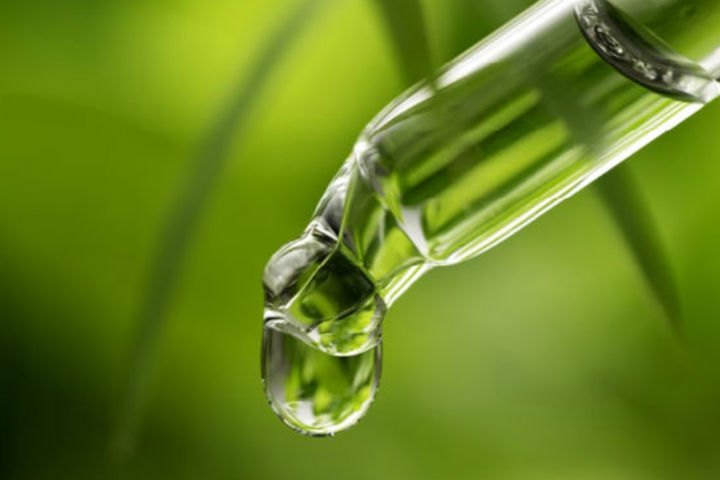You’ve probably been hearing a lot about cannabidiol, aka CBD lately. As well you should, it’s one of the most popular health trends of the past couple years. Most know that CBD is the non psychoactive cannabinoid that unlike THC does not get you high. There are several other differences between CBD and THC as well.
Atoms in CBD Molecules are Arranged Differently
CBD and THC molecules are made of the exact same chemical composition, but the molecules are arranged in a slightly different pattern. This different arrangement is what makes CBD non psychoactive and THC psychoactive. This is also believed to give CBD some of its healing properties. Amazing how just one minuscule difference can make!
CBD Does Not Attach to CB1 Receptors
When you ingest THC the THC molecules attach themselves to the cannabinoid aka CB1 receptors in the brain. This is what causes the psychoactive “high” effect, thus making the body and mind both feel impaired. CBD on the other hand, does not attach itself to the CB1 receptors and instead blocks them, preventing you from getting high. A common method for mitigating some of the negative effects of THC is to use CBD gummies & edibles, which counteracts the negative effects of THC such as anxiety and paranoia.
CBD Has Almost no Negative Side Effects
One of the biggest differences between CBD and THC is that unlike THC, CBD does not exhibit many negative side effects. There have been few reports of CBD causing things such as dry mouth and low blood pressure, but these are few and far between. CBD has far more positive side effects than negative, hence why so many use it medicinally.
Other than these big differences, CBD and THC remain fairly similar to one another. However, there is still a lot that we have not learned about CBD.
Image Source: culturemapaustin.com
Got anything to add? Tell us in the comments!
